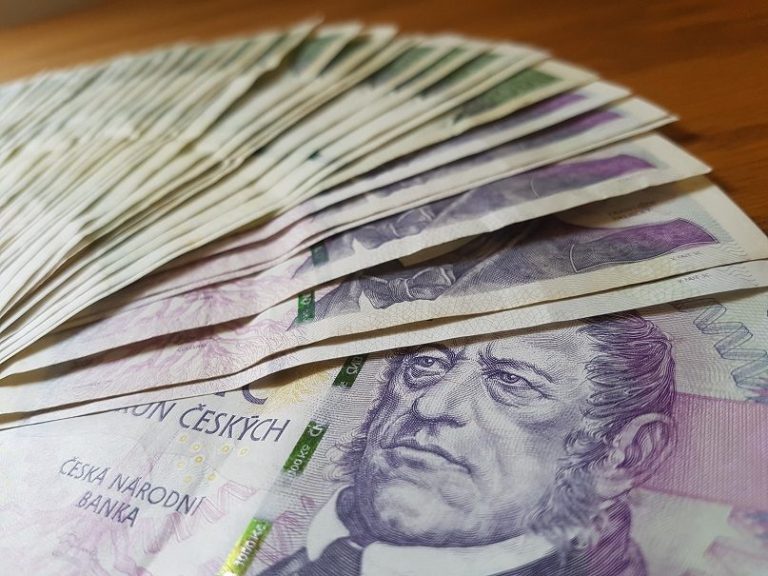The property tax in the Czech Republic is one of the lowest in Europe. Photo credit: CG / Brno Daily.
Prague, March 15 (CTK) – Property taxes in the Czech Republic may rise by up to 100%, bringing extra revenue to the state budget of between CZK 6 to 8 billion, Finance Minister Zbynek Stanjura (ODS) told Czech daily Hospodarske noviny.
The property tax in the Czech Republic is one of the lowest in Europe, and currently goes to municipalities, but the state covers the administration costs of this tax of about CZK 1.2 billion a year. In 2022, the tax raised CZK 12.42 billion in total.
Stanjura said this was one of the measures proposed to improve the state budget. He said around 65 such measures have been proposed, but he does not expect all of them to be approved.
The government wants to lower the structural deficit of the state budget by at least 1% of GDP, or by about CZK 70 billion, in its consolidation package next year, said Stanjura.
He said changes to value added tax and the excise tax have been discussed, and agreement has been more or less reached on lowering or cancelling state support for home-building savings.
Last year, the Czech state budget had a deficit of CZK 360.4 billion, the highest ever except for 2021 and 2020. This year, the deficit is projected to be CZK 295 billion.
Stanjura told Hospodarske noviny that the Finance Ministry had developed the measures based on proposals from the government’s National Economic Council (NERV) and other ministries. “We will be negotiating in a smaller group now, and at the end of March it will get to the leaderships of political parties,” he said.
Stanjura said last month that two-thirds of the budget savings of CZK 70 billion would come from expenditures and one-third would concern incomes.
Stanjura rejected the idea of introducing tax progression to the property tax, which would mean that the owners would pay lower tax for their first property and more for other properties they own. He said this would make the tax system too complicated.
As for the value-added tax, which is currently paid at a standard level of 21% with two reduced levels of 10 and 15%, Stanjura said he would prefer to have two levels instead of three, in order to simplify the tax system.
Stanjura also said the government was considering whether the minimum social insurance for the self-employed should be higher.







